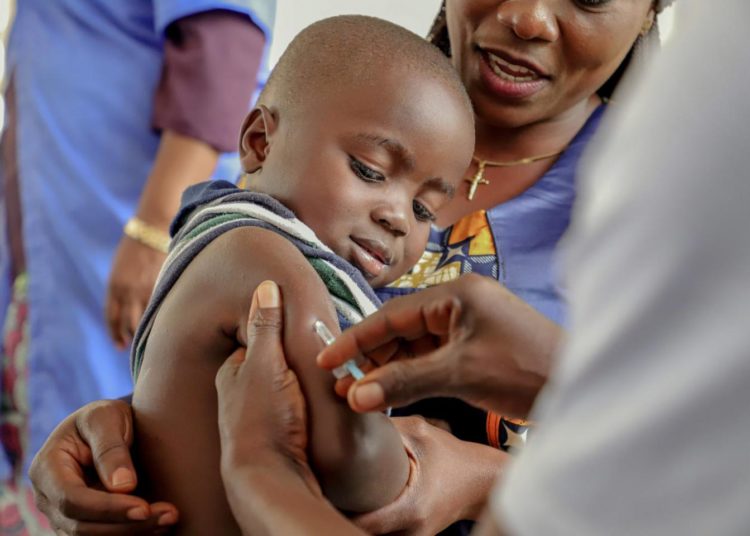Diphtheria is a serious bacterial infection caused by the bacterium called Corynebacterium species that affects the nose, throat and sometimes, skin of an individual.
However, it‘s a vaccine preventable infection and the vaccine is among the routine childhood vaccines.
Speaking on this, the director-general of the Nigeria Centre for Disease Control (NCDC), Dr. Ifedayo Adetifa, said children and adults who have not received any or a single dose of the pentavalent vaccine (a diphtheria toxoid-containing vaccine) are most at risk of contracting the bacteria.
Transmission
Ifedayo said diphtheria spreads easily between people through direct contact with infected people, droplets from coughing or sneezing, contact with contaminated clothing and objects.
Symptoms
The DG said „The onset of signs and symptoms usually starts after two – 10 days of exposure to the bacteria. Symptoms of fever, runny nose, sore throat, cough, red eyes (conjunctivitis), neck swelling. In severe cases, a thick grey or white patch appears on the tonsils and/or at the back of the throat associated with difficulty breathing.
Prevention
the Nigeria childhood immunisation schedule recommends three doses of pentavalent vaccine (diphtheria toxoid-containing vaccine) are recommended for children in the 6th-, 10th- and 14th -week of life.
He urged Parents to ensure that their children are fully vaccinated against diphtheria with three doses of the pentavalent vaccine as recommended in the childhood immunisation.
He also advised that Individuals with signs and symptoms suggestive of diphtheria should isolate themselves and notify the appropriate authorities.





